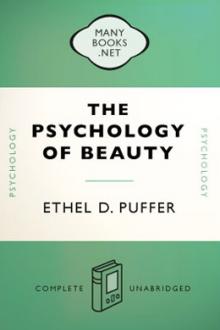IT is not so long ago that the field of literary criticism was divided into two
opposing camps. France being the only country in the world where criticism is a
serious matter, the battle waged most fiercely there, and doubtless greatly served
to bring about the present general interest and understanding of the theoretical
questions at issue. The combatants were, of course, the impressionistic and
scientific schools of criticism, and particularly enlightening were the more or
less recent controversies between MM. Anatole France and Jules Lemaitre as
representatives of the first, and M. Brunetiere as the chief exponent of the
second. They have planted their standards; and we see that they stand for
tendencies in the critical activity of every nation. The ideal of the impressionist
is to bring a new piece of literature into being in some exquisitely happy
characterization,— to create a lyric of criticism out of the unique pleasure of an
aesthetic hour. The stronghold of the scientist, on the other hand, is the doctrine
of literary evolution, and his aim is to show the history of literature as the history
of a process, and the work of literature as a product; to explain it from its
preceding causes, and to detect thereby the general laws of literary
metamorphosis.
The Psychology of Beauty
by – Ethel D. Puffer
